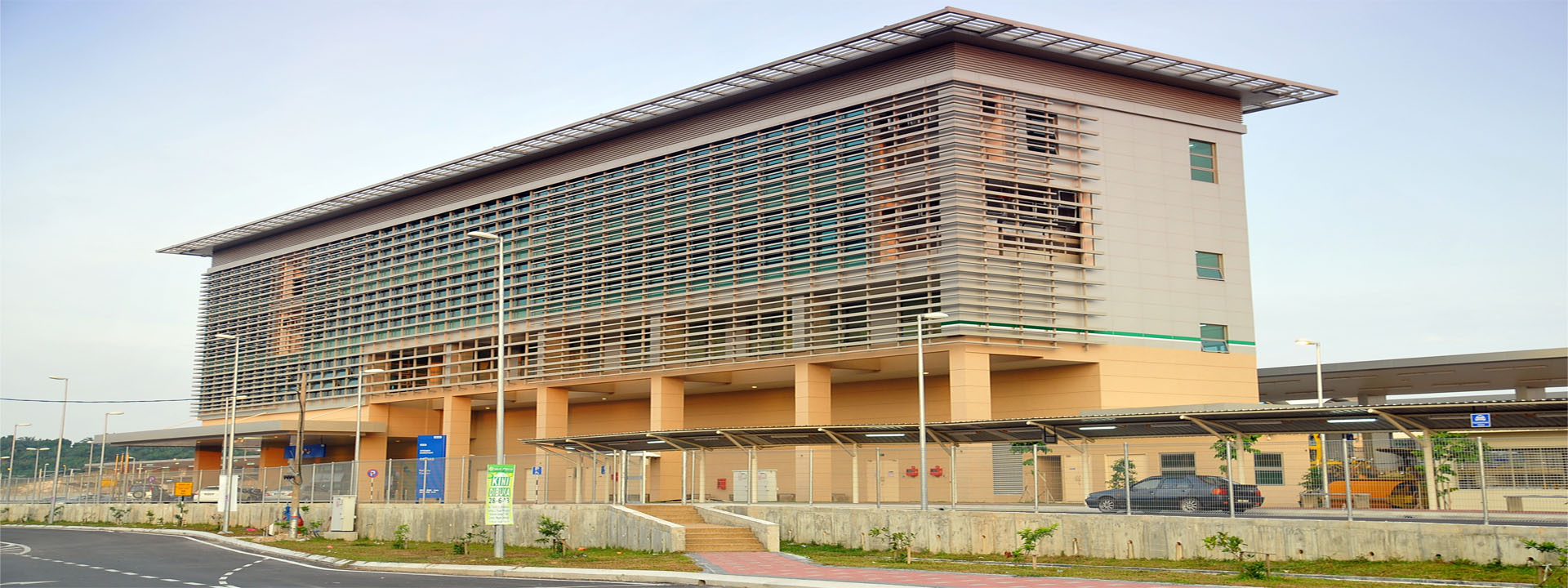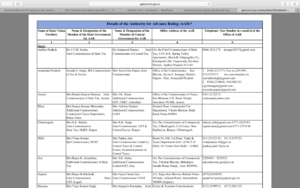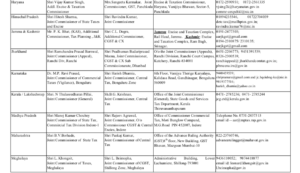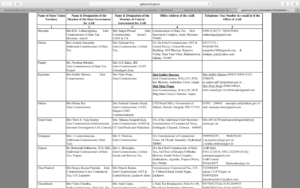The Initial Public Offering (IPO) of CPSE IRCON has been subscribed 9.5 times. In the IRCON IPO, the Government is selling 10.5 percent stake or about 99.05 lakh equity shares, including 5 lakh shares to employees. The Government is expected to raise Rs 466 crore from the issue. The issue received bids for 9.4 crore shares against the issue size of 99.05 lakh shares worth Rs 466 Crore. The segment meant for Qualified Institutional Buyers (QIBs) was subscribed 12 times, Non-Institutional Investors 4.9 times, while the Retail Investors Segment was subscribed over 9 times. Price band for the issue has been fixed at Rs 470-475 per share, with a discount of Rs 10 for Retails Investors and Employees.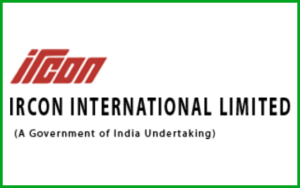
IRCON is the second CPSE to launch an IPO in the Current Fiscal besides being the second Railway CPSE to be listed on the stock markets after RITES in June this year. (Source – PIB)

